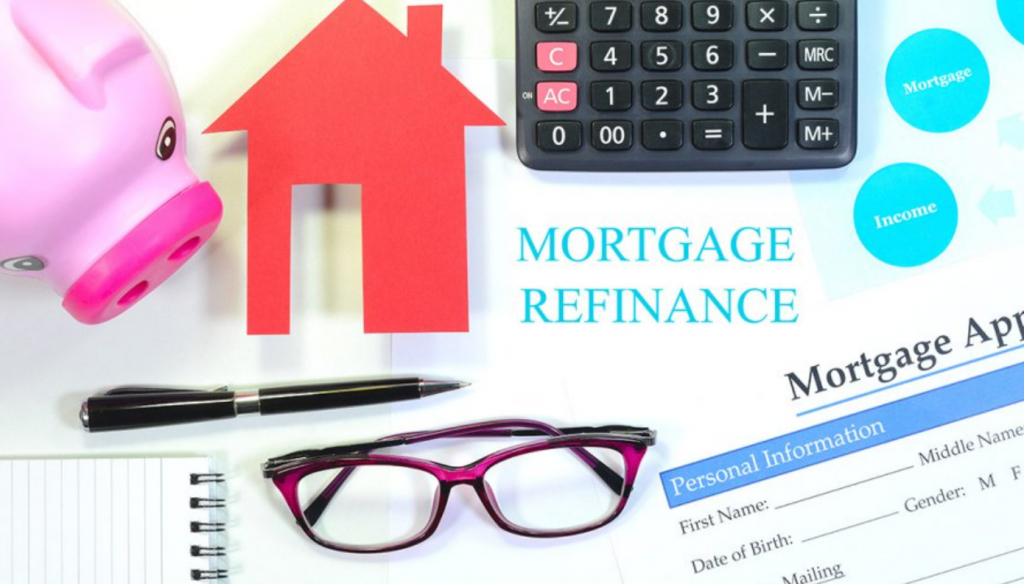
As the kids might put it, don’t @me after you read this unpopular idea: If you are nearing retirement and intend to stay in your home for five years or more, consider refinancing your mortgage now and even converting some of your home’s equity into cash.
Yes, I know, everyone says to pay off your mortgage before your paychecks stop. But now — a time when mortgage rates are at near historic lows and home values generally high — I would argue the reverse is true.
If you will need cash in retirement, refinancing your home might be the best way to raise it, says Bradley Clark, a financial adviser in Andover, Massachusetts.
Or, if you already have enough to get through retirement, you can use cash raised by refinancing to add to your investments. Finally, he says, if you’re like most people and you just don’t know if you’ll have enough money, you can buy flexibility with a lower-cost mortgage that you pay off over the long term. That way, if you eventually need to access the money tied up in your home, you’ll already have it. And you’ll avoid costlier or more stressful alternatives.
More reasons to do it
- Rates are crazy low. If you’re old enough to get AARP’s Bulletin magazine in the mail, you may remember the days of double-digit mortgage rates. But you’ve never seen 30-year rates where they are now, in the 2.5 percent range. Lock in that rate and you can save money, access home equity on the cheap and perhaps even make money on that money.
- Your salary makes it easier. Qualifying for a conventional mortgage without a job is much harder than when you have a salary, because generally it’s your income that matters most to lenders, not your savings. (Lenders are forbidden to guesstimate, based on your age, how soon you’ll retire.)
- Today’s refi costs less than tomorrow’s reverse mortgage. Say you borrowed $125,000 for 30 years at 2.5 percent. You’d pay roughly $3,600 in closing costs, and your annual interest payments would average $1,800 over time. In contrast, a reverse mortgage for the same amount would cost you roughly $18,000 upfront, according to the National Reverse Mortgage Lenders Association. You’d also accrue $5,600 in interest annually, though you wouldn’t have to repay it until you moved out.
- You can lower your monthly costs. If you’re simply paying off a higher-rate mortgage or a 15-year loan and not taking out cash, you could lower your monthly mortgage payments by half or more by resetting with a new 30-year loan.
How to do it right
The key to this strategy is to protect any cash from your refinancing so that you can always make your payments. For financial adviser David Hultstrom of Woodstock, Georgia, that means keeping the money in safe investments such as bonds or bank certificates of deposit.
With interest on savings near zilch now, you’ll lose a small amount of money on the spread between the interest you’ll earn and the mortgage interest you’ll be paying. But if and when rates rise, your position would improve, says Hultstrom, 53, who recently refinanced his own home with a new 30-year loan.
Why not to do it
Don’t refinance if you doubt your ability to maintain payments as long as you own your home. Don’t use a cash-out refi to pay off credit cards or other unsecured debt. And don’t use money to give to your kids or take around-the-world vacations (unless you already have enough money socked away to repay the loan). The risks are severe: Handle your cash badly and throw in some bad luck, and you could lose your house. That’s a lot worse than missing out on a bargain mortgage.























